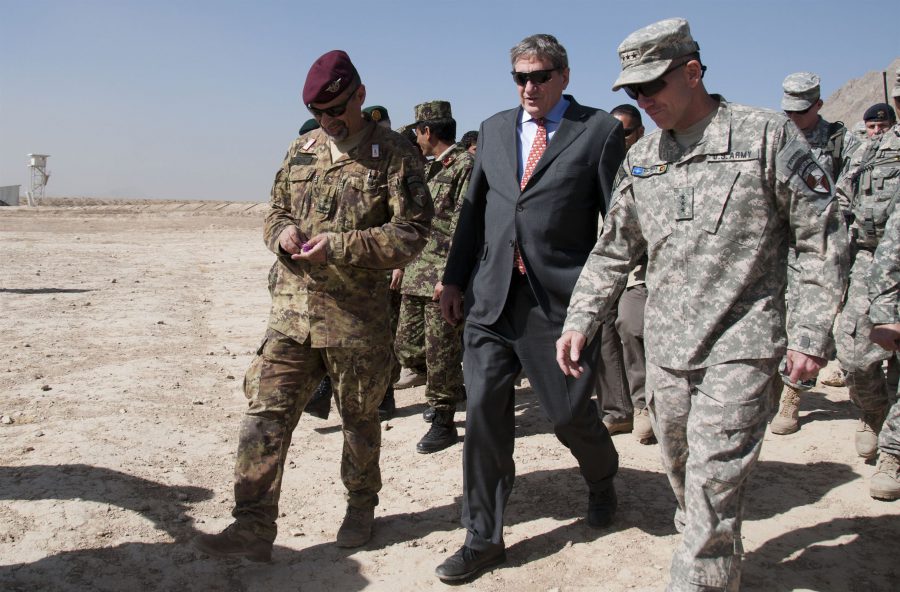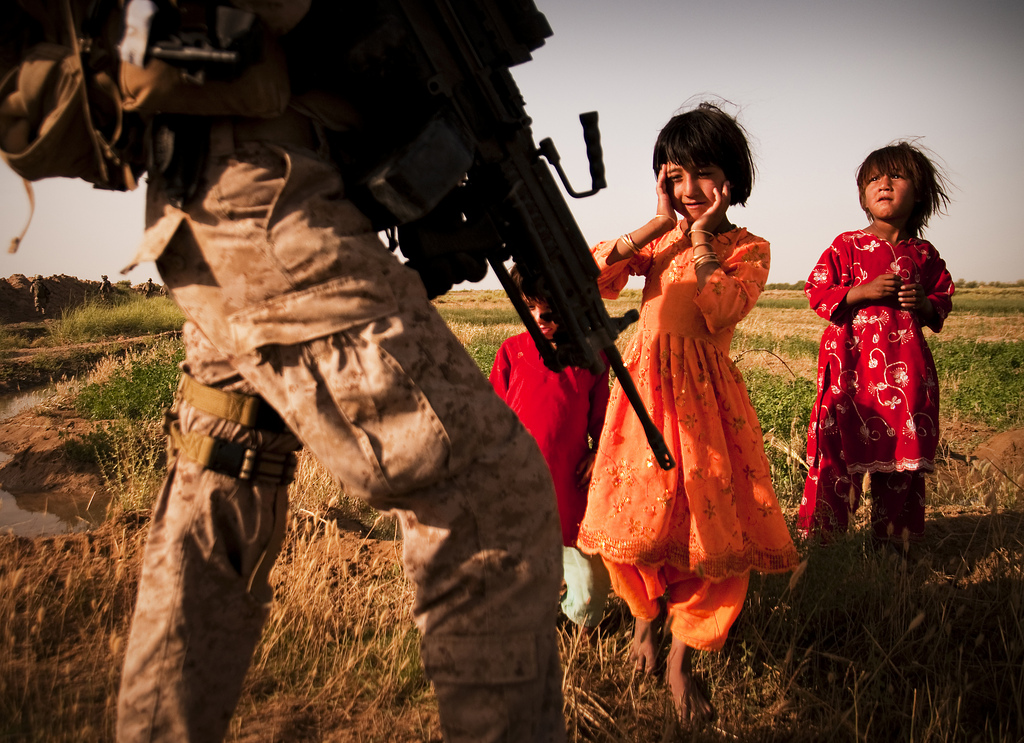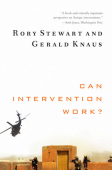Bosnia’s next crisis
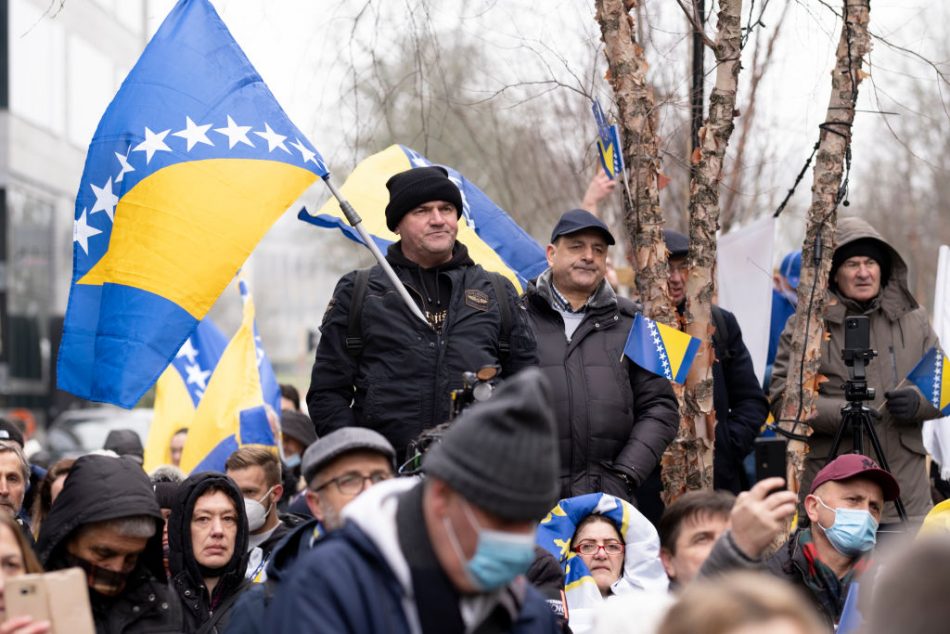
The Russian threat to Ukraine isn’t the only potential crisis in Eastern Europe this year. Bosnia and Herzegovina is heading for a period of deep political turmoil, with a key election scheduled for October.
Bosnia has never been an uncomplicated place. In the late 19th and early 20th centuries, it generated one crisis after another, eventually contributing to the outbreak of World War I. Then, with the breakup of Yugoslavia in the late 20th century, it was the site of a brutal war between Bosnian Muslims (Bosniaks), Serbs and Croats.
The Dayton Accords ended the conflict in 1995, after more than 100,000 people had been killed—including in the genocidal Srebrenica massacre that July—and millions more had been driven from their homes. The next step was to build a functioning state out of the wreckage. But the armies of the three groups were the only functioning structures left, and many local leaders saw peace as little more than the continuation of war by other means. Hopes that a new generation of non-nationalist leaders would rise out of the ashes were soon dashed.
Although international aid has transformed the country, covering up most of the traces of war, its politics remain profoundly dysfunctional, due to the continued political dominance of nationalist parties. As a result, the prospect of Bosnia joining the European Union looks increasingly distant.
In its 2021 annual assessment of Bosnia, the European Commission notes that ‘political leaders continued to engage in divisive rhetoric and unconstructive political disputes’. There has been virtually no progress in meeting the 14 benchmarks for starting EU accession talks, and ‘during the pandemic, the negative effects of widespread corruption and signs of political capture continued to manifest strongly’. Neither judicial officeholders nor political leaders have managed to tackle these problems.
And owing to the ‘generalised phenomenon of corruption’ and an ‘inefficient and oversized’ public sector, Bosnia’s per capita GDP remains just a third of the EU average. An estimated half a million people have left the country over the past few years, draining it of precious young talent.
Bosnia should be doing much better than it is 26 years after the war ended.
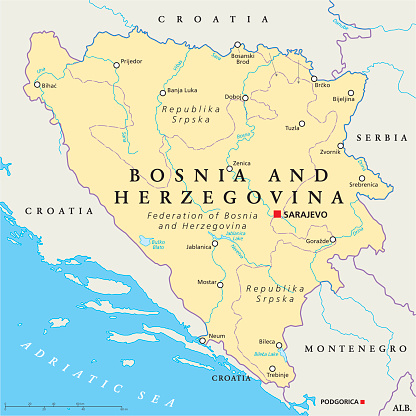
Instead, another deep crisis looms. Bosnian Serb leader Milorad Dodik is beating the nationalist drum and pushing for Republika Srpska (one of the country’s two mostly autonomous regions) to assert even greater independence vis-à-vis the central government. The rhetoric is intensifying on all sides, leading to calls by Christian Schmidt, the EU high representative for Bosnia and Herzegovina, for another international intervention.
But that is the wrong medicine for what ails Bosnia. One factor in the current political crisis is a controversial new law banning genocide denial, imposed in the middle of last year by the outgoing international high representative just days before he left office. Bosnian Serbs immediately responded by pulling out of common state functions, and Dodik has since issued strident ultimatums.
Dodik occasionally calls for Republika Srpska to break away from Bosnia entirely. This rhetoric gets him headlines, but it shouldn’t be taken seriously. After all, both Serbia and Russia have clearly called for Bosnia’s territorial integrity to be respected.
But the crisis has both deepened nationalist divisions in Bosnia and highlighted the confusion at the heart of the international community’s presumed role in the country. Is Bosnia supposed to be a protectorate, where the international community can devise, impose and implement decisions at will? Or is it a truly sovereign country that should sort out its own problems?
In a sense, the office of the international high representative—a post that I was the first to hold after the war—has gone from being part of the solution to part of the problem. On the Bosniak side, its presence invites constant demands for international action to be taken against reluctant Bosnian Serbs or Bosnian Croats, while for the latter groups, it instils fear that such action will indeed be taken. The result is paralysis and distrust, because neither side feels a need to sit down and hash out the hard compromises needed to make the country work.
A major factor in the current crisis is Bosnia’s general election later this year. In the 2020 local elections, opposition parties made impressive gains against the dominant nationalist forces in Sarajevo and in the Bosnian Serb centre, Banja Luka. Fearing further losses, nationalist leaders on all sides are eager to create a new crisis to scare and mobilise their bases.
It is critical that the general election be held as planned. But afterwards, the international community should reconsider its approach to Bosnia. If it isn’t ready to assume full protectorate powers, it should step back and leave the country’s leaders grudgingly to sort things out themselves. That process will be slow and difficult, but it must happen sooner or later if Bosnia is to have any chance of functioning as a sovereign country.
In stepping back, the international community should establish two hard conditions: Bosnia’s territorial integrity must be maintained, and the small EU military mission in the country should remain, because it has the capacity to call in rapid NATO reinforcements if necessary.
This year will undoubtedly be politically tumultuous for Bosnia. Bosnian Serb nationalists will want more power devolved to them, and Dodik—despite new US sanctions against him—might well engage in more brinkmanship to rally his supporters. At the same time, Bosniak nationalists will demand that more power be centralised in Sarajevo, and they will seek the international community’s help in imposing this. Bosnian Croat nationalists, for their part, will remain profoundly unhappy (not unreasonably) with an election law that effectively denies them representation in the country’s highest decision-making body.
This political crisis certainly is not Bosnia’s first, and it won’t be its last. Calls for another massive international intervention are not surprising, but they are ill-advised. Bosnia should no longer be treated as a protectorate. While the EU and the United States remain ready and willing to help, Bosnians ultimately must take responsibility for Bosnia.

